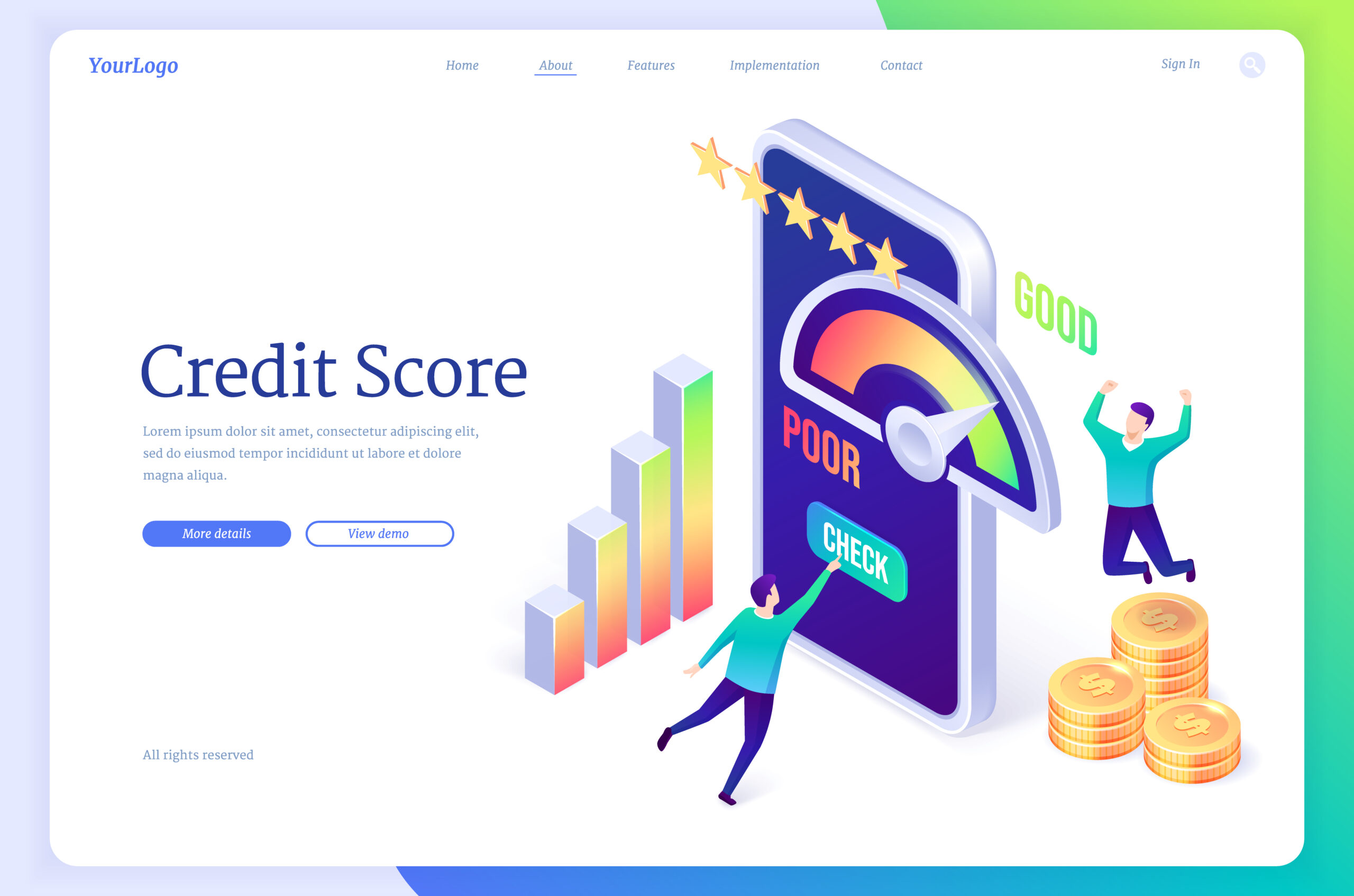Table 1: Outline of the Article
| Heading (H1) | Subheading (H2) | Subheading (H3) | Subheading (H4) |
|---|---|---|---|
| Introduction | |||
| Understanding Loans | Types of Loans | Secured Loans | Unsecured Loans |
| Bank Loans in Cheyenne | Local Banks | National Banks | Online Banks |
| Eligibility Criteria | Credit Score | Employment History | Debt-to-Income Ratio |
| Loan Application Process | Gather Documentation | Fill Out Application | Loan Approval |
| Interest Rates | Fixed Interest Rates | Variable Interest Rates | APR |
| Loan Repayment | Repayment Terms | Prepayment Penalties | Grace Period |
| Tips for Getting a Loan | Improve Credit Score | Evaluate Needs | Compare Lenders |
| Mistakes to Avoid | High Interest Rates | Excessive Borrowing | Not Reading Terms |
| The Role of Credit Unions | Eligibility | Benefits | Drawbacks |
| Alternative Financing Options | Peer-to-Peer Lending | Personal Lines of Credit | Crowdfunding |
| Government Programs | SBA Loans | USDA Loans | State Programs |
| Conclusion | |||
| FAQs |
Table 2: Article
How to Get a Loan Through a Bank in Cheyenne
Introduction
Obtaining a loan can be a critical step in achieving your financial goals, whether you’re looking to buy a house, start a business, or consolidate debt. In this article, we will explore how to secure a loan through a bank in Cheyenne, taking into account the different types of loans, eligibility criteria, and the application process. We’ll also discuss tips and common mistakes to avoid, as well as alternative financing options. Let’s dive in!
Understanding Loans
Types of Loans
Secured Loans
Secured loans are backed by collateral, which can be an asset like a house or a car. This collateral reduces the lender’s risk, often resulting in lower interest rates. Examples of secured loans include mortgages and auto loans.
Unsecured Loans
Unsecured loans, such as personal loans or credit cards, do not require collateral. Since there is a higher risk for the lender, these loans typically come with higher interest rates.
Bank Loans in Cheyenne
Local Banks
Several local banks in Cheyenne offer various loan options to their customers. These institutions typically have a strong understanding of the local market and can provide personalized services.
National Banks
National banks also operate in Cheyenne and can offer a wide range of loan products. These banks have a vast network and resources, which may lead to more competitive rates and terms.
Online Banks
Online banks are another option for borrowers in Cheyenne. These banks operate entirely online and often offer lower interest rates due to reduced overhead costs. However, they may lack the personalized service of brick-and-mortar banks.
Eligibility Criteria
Credit Score
Your credit score plays a crucial role in determining your eligibility for a loan. Banks use this score to assess your creditworthiness, with higher scores often resulting in better loan terms.
Employment History
A stable employment history demonstrates your ability to repay the loan. Lenders prefer borrowers with consistent income and may require proof of employment or income statements.
Debt-to-Income Ratio
Your debt-to-income (DTI) ratio compares your monthly debt obligations to your income. Lenders use this ratio to determine if you can comfortably manage the additional loan payment.
Loan Application Process
Gather Documentation
Before applying for a loan, gather all necessary documentation, such as identification, proof of income, tax returns, and bank statements. This information helps lenders assess your financial standing and make an informed decision about your loan application.
Fill Out Application
Once you have all your documentation, you can proceed to fill out the loan application form, providing accurate and complete information. This form typically includes personal, financial, and employment details.
Loan Approval
After submitting the application, the bank will review your information and check your credit history. If approved, you will receive a loan offer outlining the terms, interest rates, and repayment schedule. It’s essential to carefully review these terms before accepting the offer.
Interest Rates
Fixed Interest Rates
Fixed interest rates remain the same throughout the loan term, providing predictability and stability in your monthly payments.
Variable Interest Rates
Variable interest rates can fluctuate over time, depending on market conditions. While they may start lower than fixed rates, they can increase, resulting in higher monthly payments.
APR
The Annual Percentage Rate (APR) represents the total cost of borrowing, including interest and fees. Comparing APRs can help you find the best loan offer.
Loan Repayment
Repayment Terms
Loan repayment terms can vary from a few months to several years, depending on the type of loan and the lender’s requirements. It’s essential to choose a repayment term that suits your financial situation.
Prepayment Penalties
Some loans have prepayment penalties, which are fees for paying off the loan early. Check the loan terms to understand if such penalties apply to your loan.
Grace Period
A grace period is a timeframe during which you can make a late payment without incurring late fees or affecting your credit score. This period can be especially helpful in case of temporary financial hardships.
Tips for Getting a Loan
Improve Credit Score
Boosting your credit score before applying for a loan can help you secure better loan terms and interest rates. You can achieve this by paying bills on time, reducing debt, and checking your credit report for errors.
Evaluate Needs
Carefully assess your financial needs and borrow only what you require. Borrowing more than necessary can lead to higher debt and difficulty in repayment.
Compare Lenders
Shop around and compare loan offers from different banks and financial institutions to find the best terms and interest rates that suit your needs.
Mistakes to Avoid
High Interest Rates
Avoid loans with excessively high interest rates, as they can significantly increase your overall cost of borrowing and make repayment more difficult.
Excessive Borrowing
Do not borrow more than you need or can comfortably repay. Overborrowing can lead to financial strain and damage your credit.
Not Reading Terms
Always read and understand the loan terms before signing any agreement. Ignoring these details can lead to unexpected costs or unfavorable conditions.
The Role of Credit Unions
Eligibility
Credit unions are member-owned financial institutions that may offer loans with competitive rates and terms. To access their services, you must first become a member by meeting specific eligibility requirements, such as living or working in a particular area.
Benefits
Credit unions often provide personalized services and may be more flexible with lending criteria than traditional banks.
Drawbacks
Credit unions may have fewer resources and a limited range of loan products compared to larger banks.
READ ALSO: How to Get a Quick Loan Online Using Financial Instruments: A Practical Guide
Alternative Financing Options
Peer-to-Peer Lending
Peer-to-peer (P2P) lending platforms connect borrowers directly with individual investors, potentially resulting in lower interest rates and quicker loan approvals.
Personal Lines of Credit
A personal line of credit is a revolving credit account that allows you to borrow money as needed, upto a predetermined limit. It can be a flexible alternative to a traditional loan, as you only pay interest on the amount you actually borrow.
Crowdfunding
Crowdfunding platforms allow you to raise funds for a specific project or goal by collecting small contributions from a large number of people. This option can be helpful for entrepreneurs or individuals seeking financial support for a particular cause.
Government Programs
SBA Loans
The Small Business Administration (SBA) offers loan programs for small businesses that may not qualify for traditional bank loans. These loans are partially guaranteed by the government, reducing the risk for lenders.
USDA Loans
The United States Department of Agriculture (USDA) provides loan programs for rural development and home purchases in eligible rural areas.
State Programs
Various state and local government programs offer financial assistance to individuals and businesses, such as low-interest loans or grants. Check with your local government agencies to explore available options.
Conclusion
Securing a loan through a bank in Cheyenne involves understanding different loan types, meeting eligibility criteria, and navigating the application process. By following the tips and advice outlined in this article, you can increase your chances of obtaining a loan that suits your financial needs. Remember to explore alternative financing options and government programs as well, as they may offer valuable resources to help you achieve your financial goals.
FAQs
Q1: How can I improve my chances of getting a loan approved?
A1: Improve your credit score, maintain a stable employment history, reduce your debt-to-income ratio, and compare loan offers from multiple lenders.
Q2: Can I get a loan with a poor credit score?
A2: It may be more challenging, but some lenders offer loans designed for individuals with poor credit. However, these loans often come with higher interest rates and less favorable terms.
Q3: Are online banks a reliable option for loans?
A3: Yes, online banks can be a reliable option. They often offer competitive interest rates due to lower overhead costs. However, they may lack personalized service compared to traditional banks.
Q4: Can I use a co-signer to increase my chances of loan approval?
A4: Yes, a co-signer with a good credit score and stable income can help increase your chances of loan approval and possibly secure better loan terms.
Q5: How long does it take for a loan application to be approved?
A5: The approval time can vary depending on the lender and your financial situation. Generally, it can take anywhere from a few hours to several weeks for a loan application to be approved.
Q6: Is it better to apply for a loan at a local bank or a national bank?
A6: Both options have their advantages. Local banks typically offer personalized service and a better understanding of the local market, while national banks may have more resources and a wider range of loan products. Comparing loan offers from both types of banks can help you determine the best option for your needs.
Q7: How can I find the best loan terms and interest rates?
A7: Shop around and compare loan offers from multiple lenders, including banks, credit unions, and online financial institutions. Consider factors such as interest rates, loan terms, fees, and the lender’s reputation to find the best option for your needs.
Q8: Can I negotiate the terms of my loan with the bank?
A8: In some cases, you may be able to negotiate the terms of your loan, such as the interest rate, repayment period, or fees. However, your ability to negotiate may depend on factors such as your credit score, income, and the lender’s policies.
Q9: What are the consequences of defaulting on a loan?
A9: Defaulting on a loan can have severe consequences, including damage to your credit score, collection efforts, legal action, and even seizure of collateral (for secured loans). It’s crucial to communicate with your lender if you’re struggling to make payments, as they may be willing to work with you to find a solution.
Q10: Can I get a loan if I’m self-employed or have an irregular income?
A10: Yes, it’s possible to get a loan if you’re self-employed or have an irregular income. However, you may need to provide additional documentation, such as tax returns or bank statements, to demonstrate your ability to repay the loan. Lenders may also consider factors such as your credit score and debt-to-income ratio when evaluating your application.







